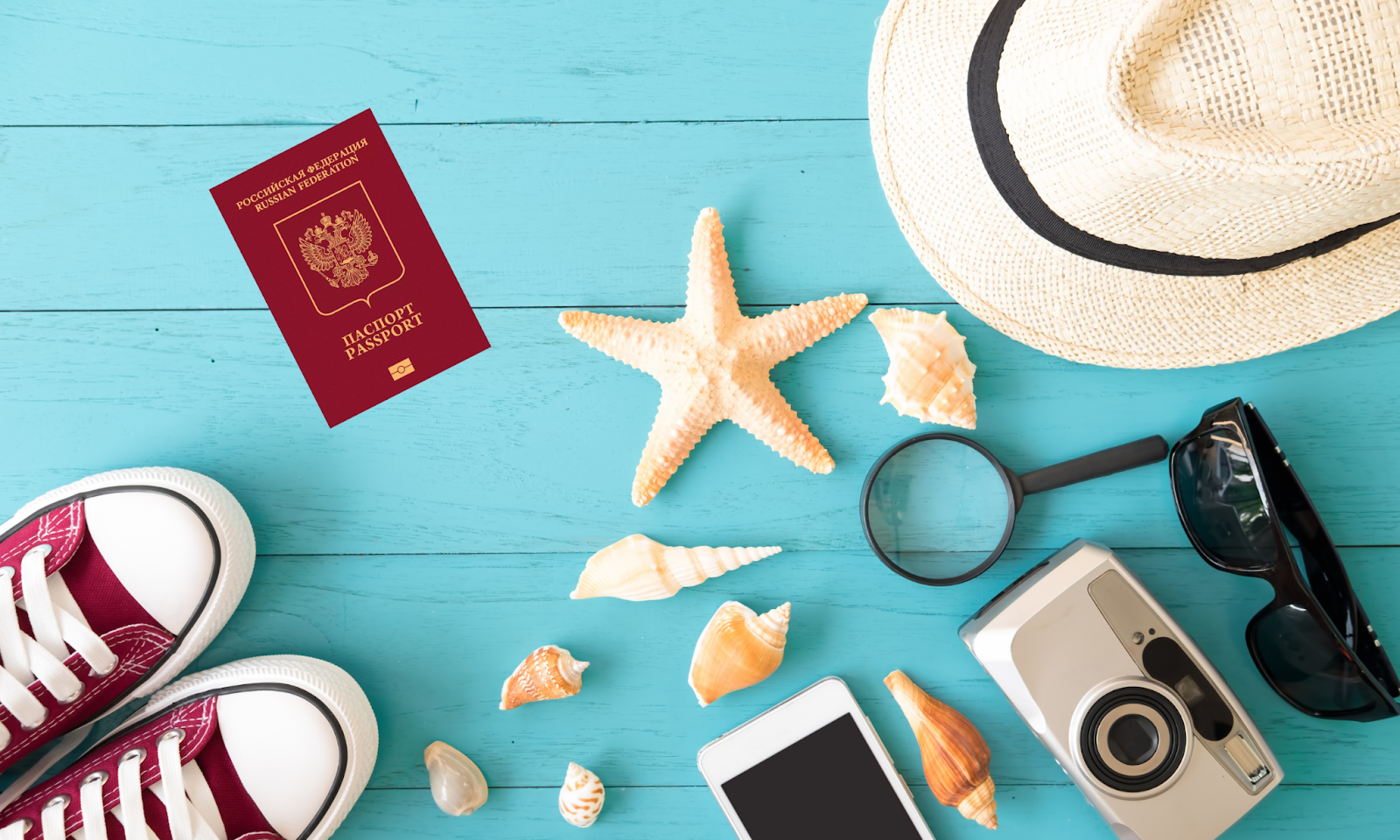The Saudi Arabia e-Visa is a digital travel authorization that allows foreign nationals to enter and explore the Kingdom of Saudi Arabia for tourism and leisure purposes. This electronic visa system simplifies the visa application process and reduces the need for physical visits to embassies or consulates. In this guide, we will provide detailed information on how Russian citizens can apply for a Saudi Arabia e-Visa, including eligibility criteria, processing times, required documents, cultural norms, and more.

The Saudi Arabia e-Visa is an electronic travel permit that allows travelers to visit Saudi Arabia for tourism, business, or entertainment purposes. It is applied for online and is linked electronically to the traveler's passport. Once approved, the e-Visa is sent via email, and travelers must carry a printed copy of the visa to present upon arrival in Saudi Arabia.
Yes, Russian citizens are eligible to apply for a Saudi Arabia e-Visa online. Saudi Arabia has expanded its e-Visa program to include numerous nationalities, including Russia, to promote tourism and facilitate international travel.
To be eligible for a Saudi Arabia e-Visa as a Russian citizen, you typically need to meet the following criteria:
The processing time for a Saudi Arabia e-Visa application for Russian citizens typically depends on the chosen processing option:
When applying for a Saudi Arabia e-Visa from Russia, you will typically need the following documents and information:
Female Russian travelers should be aware that Saudi Arabia has certain restrictions and requirements for women traveling alone or with children. Unmarried women under the age of 30 may face additional scrutiny or travel restrictions. It is advisable to research and adhere to Saudi Arabia's regulations before travel.
When traveling to Saudi Arabia as a Russian citizen, it's essential to be aware of and respect the cultural and religious norms of the country. Saudi Arabia is known for its conservative Islamic culture, and adherence to these norms is not only a sign of respect but also necessary to avoid any legal or social issues during your visit. Here are some key cultural and religious norms to keep in mind:
By being aware of and respecting these cultural and religious norms, you can have a more enjoyable and trouble-free experience while visiting Saudi Arabia.
Extending or renewing a Saudi Arabia e-Visa while in the country is possible in some cases. However, it is subject to approval by the Saudi authorities and may involve specific requirements and fees.
Typically, the extension or renewal of a Saudi Arabia e-Visa would depend on the following factors:
To get accurate and up-to-date information regarding the extension or renewal of a Saudi Arabia e-Visa while in the country, it is strongly recommended to contact the nearest Saudi immigration authorities, embassy, or consulate.
If you hold dual citizenship with Russia and another country, you may be able to apply for a Saudi Arabia e-Visa using the nationality that is eligible for the e-Visa program. Be sure to use the passport that meets the visa requirements and check with the Saudi authorities for any specific rules or restrictions regarding dual nationals.
You can track the status of your Saudi Arabia e-Visa application by visiting the official Saudi e-Visa portal and using the application reference number provided during the application process. This allows you to check the progress and status of your visa application online.
Common reasons for e-Visa application rejections include incomplete or inaccurate information, insufficient documentation, and failure to meet eligibility criteria. To prevent rejections, carefully fill out the application form, provide all required documents, and ensure your passport has sufficient validity. Seek assistance from the Saudi embassy or consulate if needed.
In conclusion, the Saudi Arabia e-Visa offers Russian citizens a convenient and accessible way to explore this culturally rich and diverse country. By understanding the application process, eligibility criteria, and cultural norms, travelers can make their journey to Saudi Arabia a smooth and enjoyable experience.
Is it necessary for Russian citizens to obtain a visa to visit Saudi Arabia?
Yes, Russian citizens need a visa to visit Saudi Arabia. The e-Visa is one of the available options for obtaining a visa.
What is the maximum duration of stay allowed on a Saudi Arabia e-Visa for Russian travelers?
The maximum duration of stay on a Saudi Arabia e-Visa varies depending on the type of visa issued but is typically up to 90 days.
Can I apply for a Saudi Arabia e-Visa if I have visited certain countries recently?
Saudi Arabia may have travel restrictions or additional requirements for individuals who have recently visited certain countries with health or security concerns. Check the current travel advisories and restrictions before applying.
Can I change my travel dates or itinerary after obtaining a Saudi Arabia e-Visa?
Changes to travel dates or itineraries may require modifications to your e-Visa. It's advisable to contact the relevant Saudi authorities or the e-Visa processing center for guidance on making changes to your visa.
Is the Saudi Arabia e-Visa a single-entry or multiple-entry visa for Russian travelers?
The Saudi Arabia e-Visa can be issued as either a single-entry or multiple-entry visa, depending on the purpose of your visit and the specific visa type you apply for.
Can I use my Saudi Arabia e-Visa to work or engage in employment in Saudi Arabia?
No, the e-Visa is primarily for tourism, business, and leisure travel. If you plan to work or engage in employment in Saudi Arabia, you will need a different type of visa, typically sponsored by an employer.
Step1: Complete the online application by providing your passport details.
Step2: Submit payment online using a credit card.
Step3: Monitor your email for confirmation of payment and receipt of your eVisa, which will be sent electronically.
1